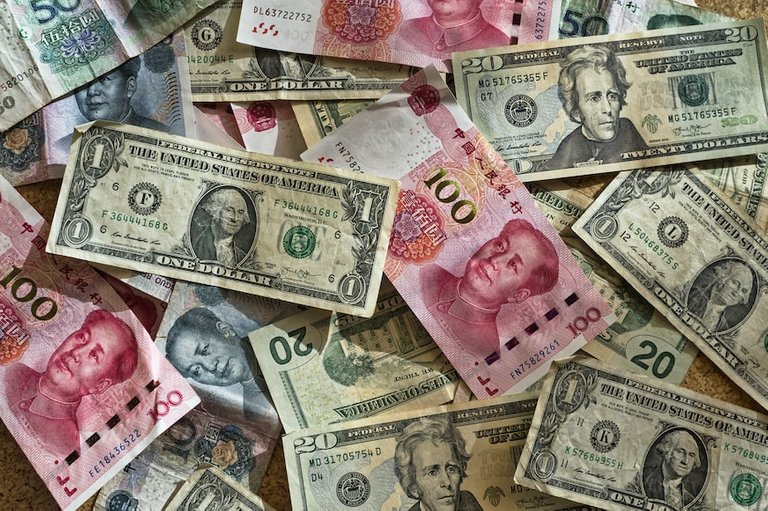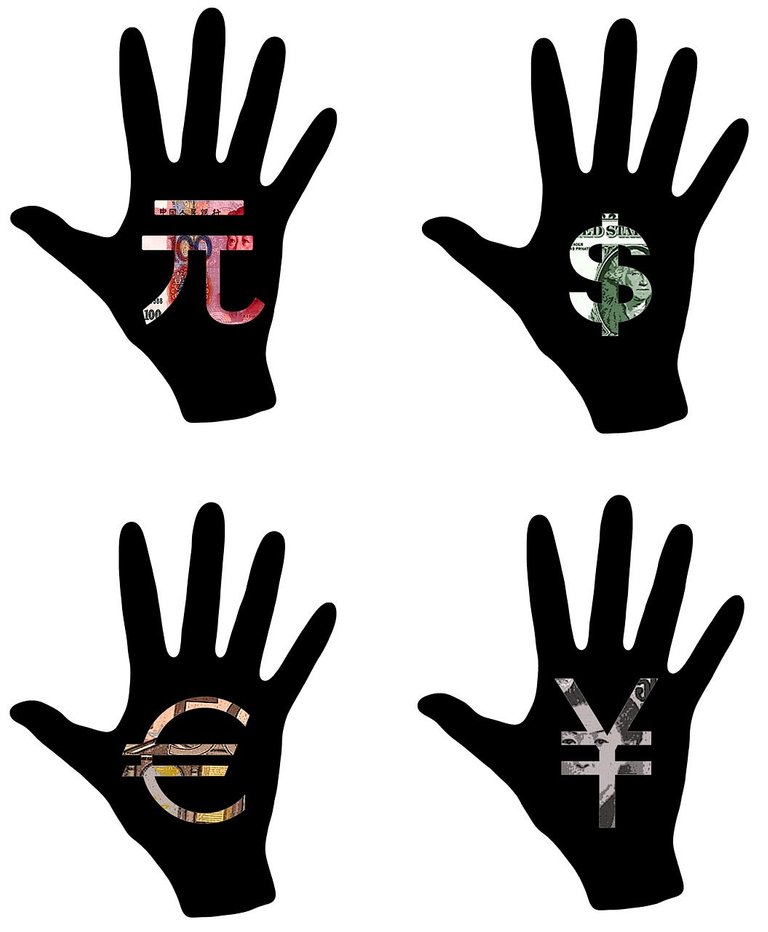USD 🇺🇲💰 vs. 💱 Chinese 🇨🇳 Yuan: Is a Paradigm Shift Imminent?
The war in Ukraine have seen the USA and its western allies place serious sanctions on Russia and it's investment. As long as this war lasts, everybody keeps feeling its impact, whether you are pro-war or even against it.
The U.S. dollar has always been used by most countries for international transactions thereby increasing it's worth globally. But that may soon change as there seem to be a growing concern that the Chinese Yuan will replace the U.S. dollar as the world’s main reserve and settlement currency as early as in the coming decade.
As the sanctions on Russia and Russian linked investments intensify by the U.S. and its EU allies, the concerned country and her sympathisers seem to have found ways to adapt and opportunities to move on. For instance an economic bloc of countries known as and called the BRICS which is an acronym that stands for Brazil, Russia, India, China and South Africa, 10 ASEAN (Association of Southeast Asian Nations) member countries (Brunei, Cambodia, Indonesia, Laos, Malaysia, Myanmar, Philippines, Singapore, Thailand, and Vietnam) and 9 other Asian countries (Bangladesh, Bhutan, India, Iran, Maldives, Myanmar, Nepal, Sri Lanka and Pakistan) have intensified their efforts to depart from the use of the U.S. dollar and settle trades in national currencies. The BRICS economic bloc are also muting the idea of having a single common currency to reduce their reliance on the U.S. dollar. The Yuan may be that alternative for cross-border trade and investment. Nobody knows for now.
In a proactive measure, some countries in the South America have even started using Yuan to settle cross-border payments as against the use of U.S. dollars. For instance, companies in Argentina have drifted to use and pay for their imports with the Chinese Yuan after their home government introduced dollar-like protection to the Yuan in their financial system.
On its part, Iran has even phased out the use of U.S dollar in her bilateral trade agreement with Russia and rather opted to use national currencies instead for trade.
Now, should the BRICS plan of a common currency come to fruition, it will negatively impact on the U.S as a country and may also lead to the U.S. dollar losing its reserve currency status. The U.S. may also lose its global influence in general.
But even with all these plans in the pipeline for de-dollarization, the International Monetary Fund (IMF) thinks otherwise and waves off the efforts of these countries to create a multipolar world. It is then believed that breaking the USD hegemony in the area of settlement of international and or cross-border trade will take more than the current efforts by these few states altogether.


https://leofinance.io/threads/alovely088/re-leothreads-2nsgkyzr9
The rewards earned on this comment will go directly to the people ( alovely088 ) sharing the post on LeoThreads,LikeTu,dBuzz.
It is true the dollar has lost it's glitter. But this transition will take time...
Yes, that's what the IMF even said. Thanks for the feedback.
And we can exploit that to build a better crypto ecosystem. If only the brains work well.
You are on point. Let's keep our fingers crossed and watch as events unfold.